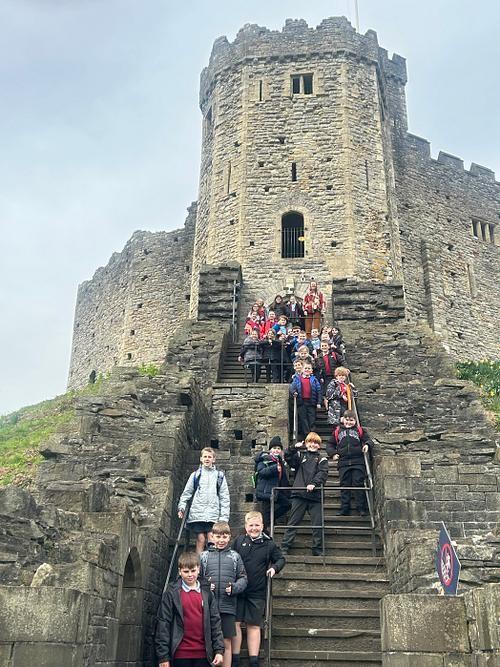

Curriculum Summary
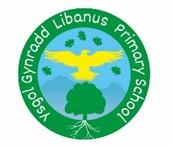
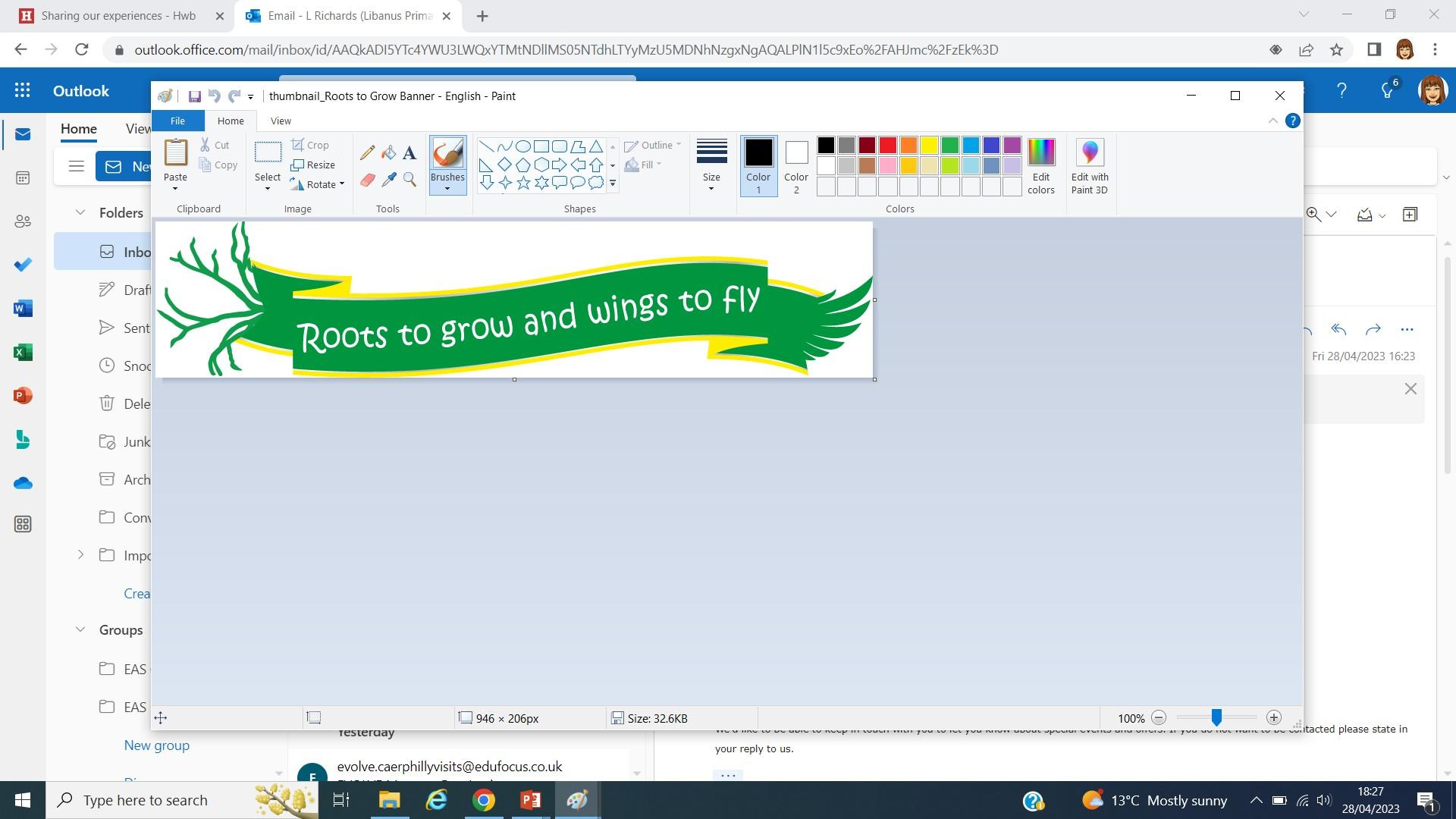








L
Our Vision has been developed by all stakeholders as a result of stakeholder surveys, pupil consultation activities, staff INSET activities and Governing Body meetings. Our vision and values are at the heart of everything we do at Libanus Primary School.
Our Values
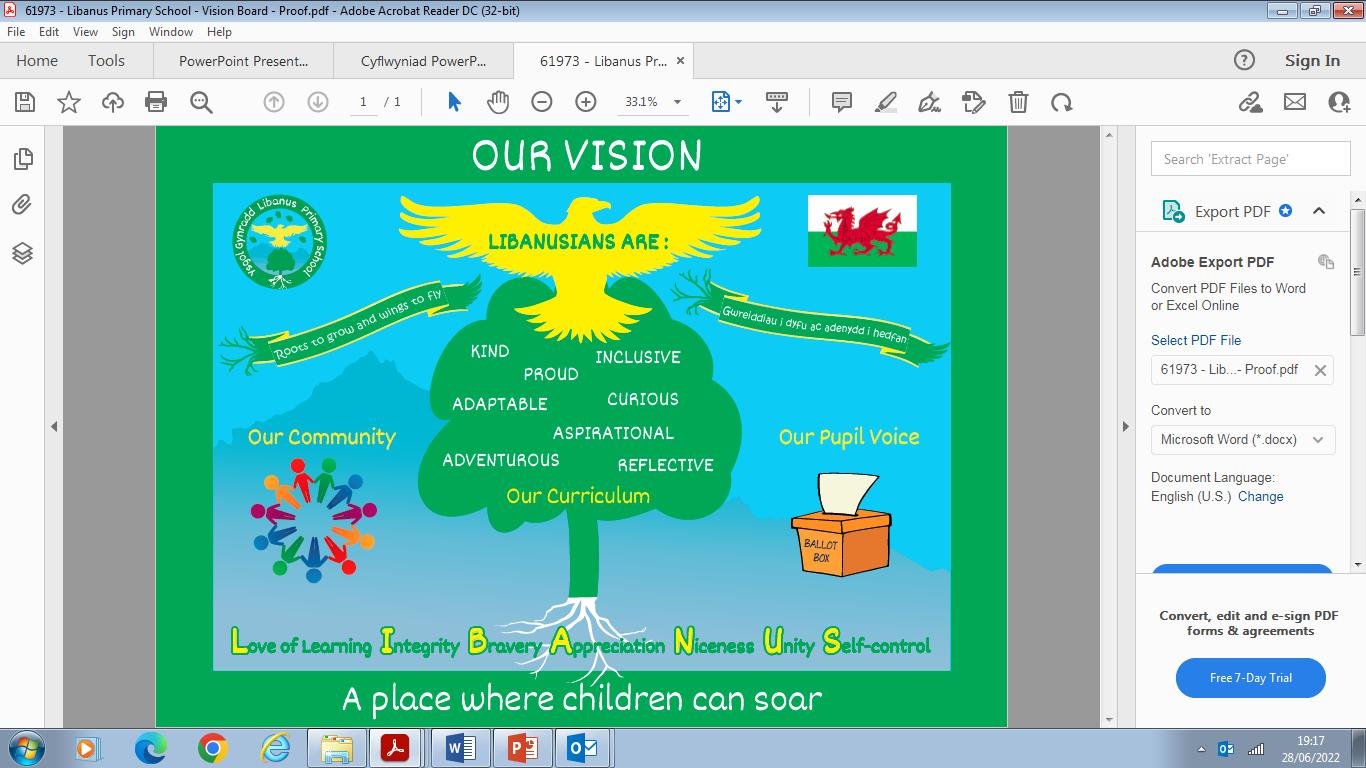
- LIBANUS
Compassion
Collaboration
Work
Enthusiasm Enjoyment
Tactfulness
Perseverance
Ability to deal with conflict and negativity
Positive attitude
Flexible and adaptable
Calmness
Punctuality
Self-discipline
Patience







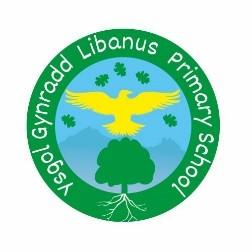
Our Curriculum Journey

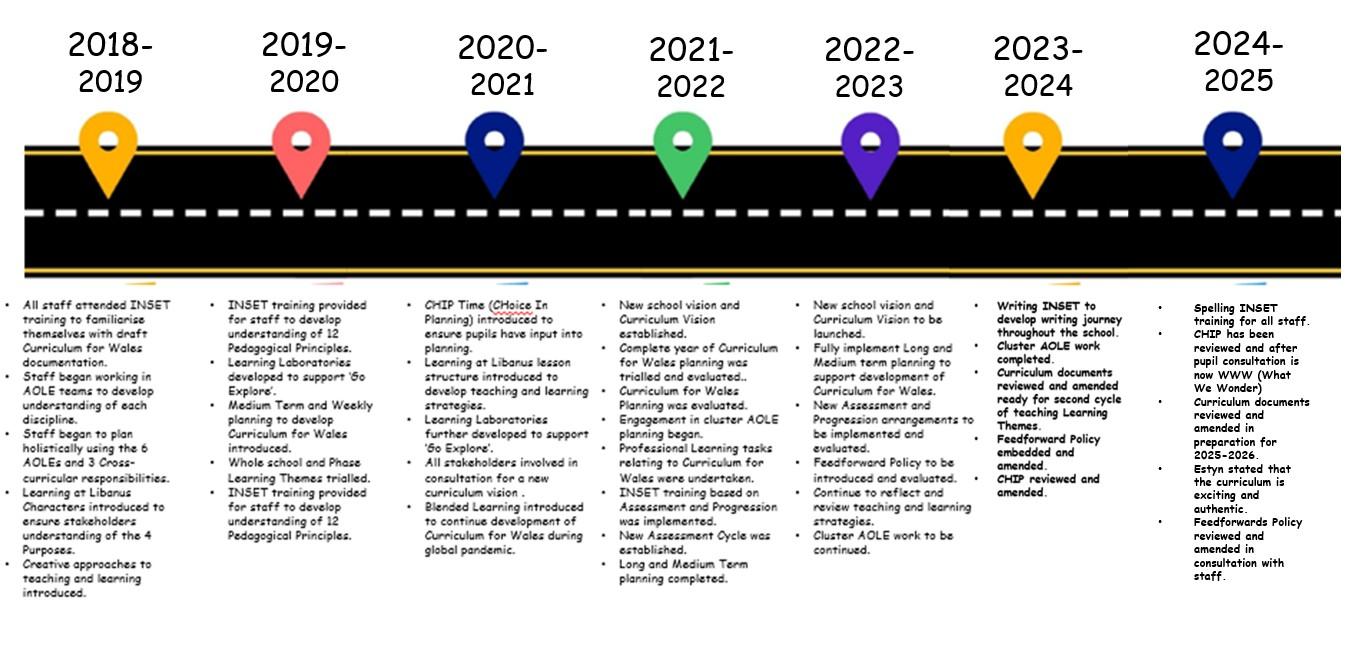








Our Curriculum
Our school curriculum is everything a learner experiences whilst at Libanus. When designing our curriculum we have consulted pupils, parents, governors and the community to ensure we have developed a curriculum that is relevant, authentic and meets the needs of all of our pupils. Our curriculum is broad and balanced and ignites a passion for learning. We ensure that our curriculum embodies the Curriculum for Wales Core Purposes. Our characters help us understand how to embody the Core Purposes. They underpin everything we do at Libanus. Pupils are able to talk confidently about the attributes of each character and aspire to be a true Libanusian!
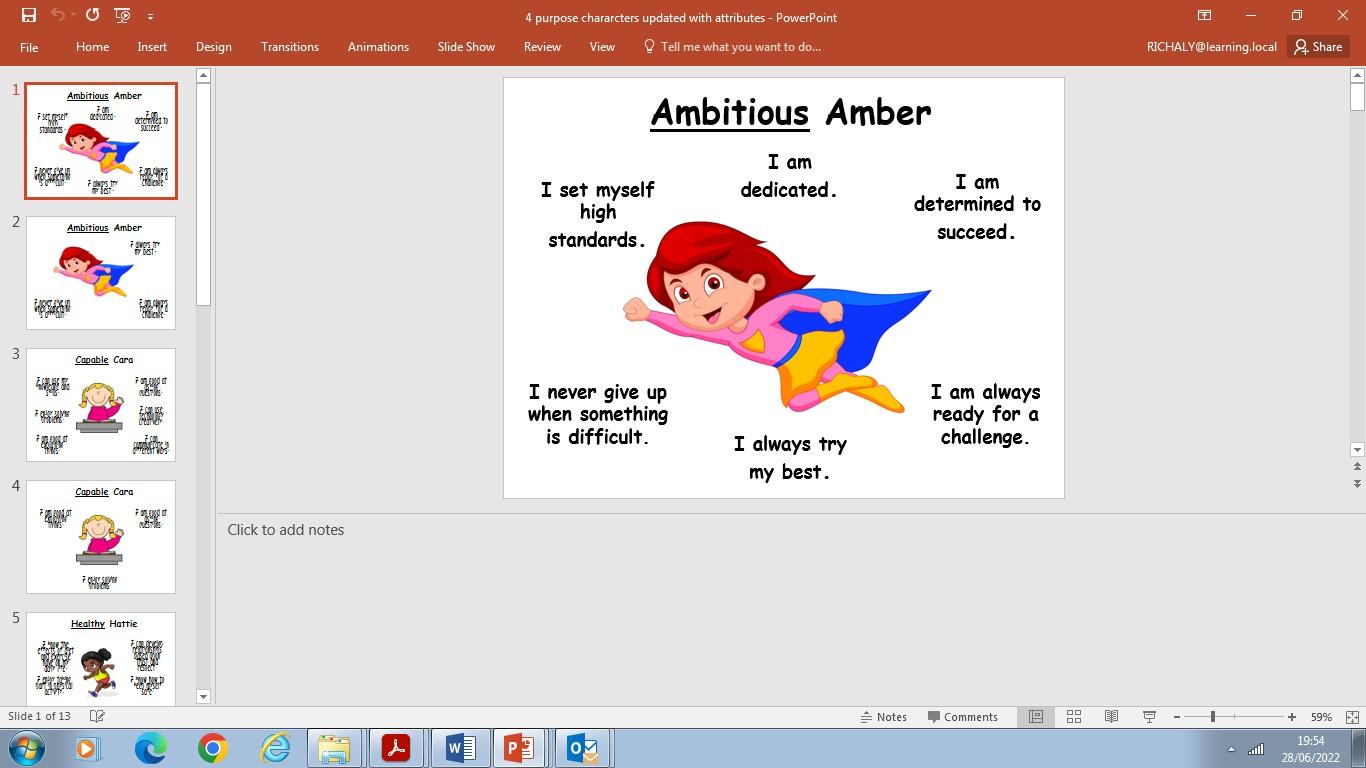
Libanus Primary School have worked closely with schools in the Blackwood Cluster to develop a cluster approach to curriculum design. While we retain our own individuality and ensure our curriculum is relevant to Libanus pupils we ensure that there is a consistency of skills throughout the cluster to enable effective transition.
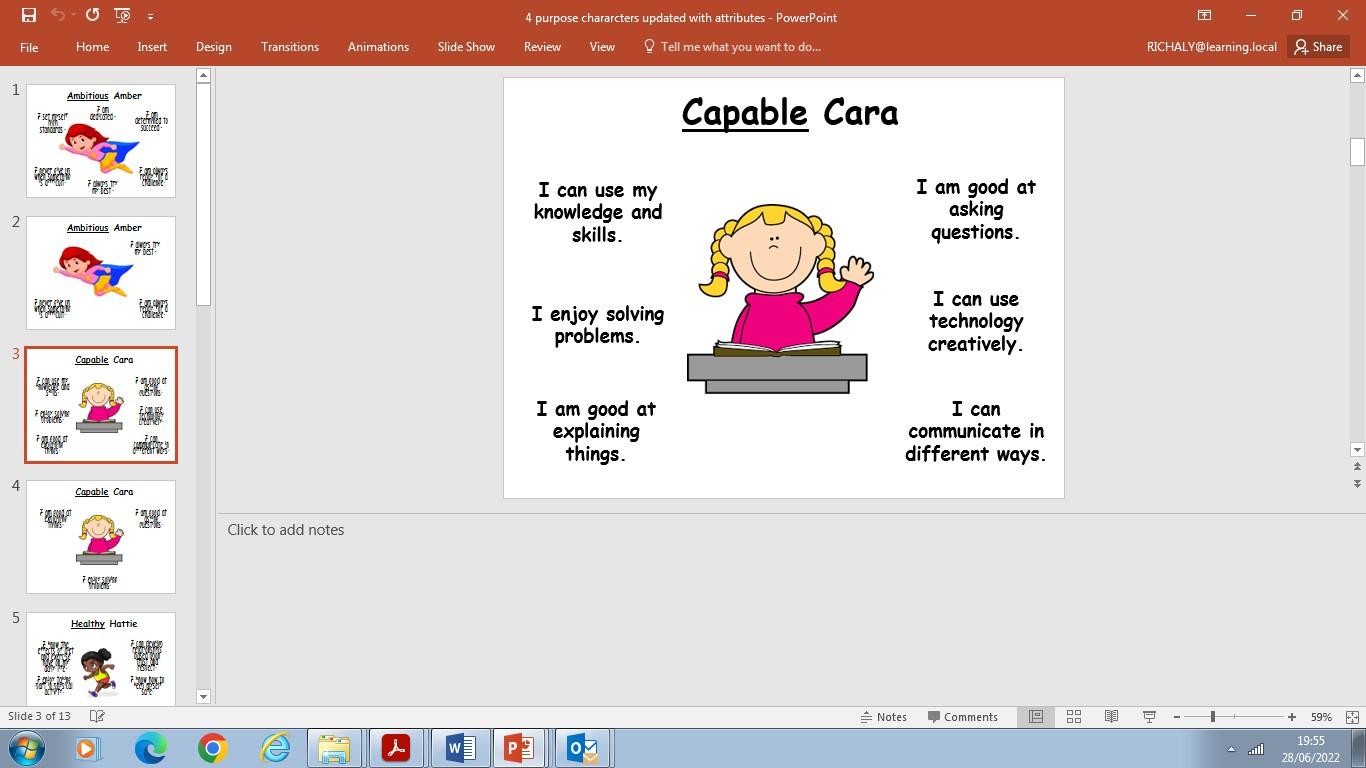
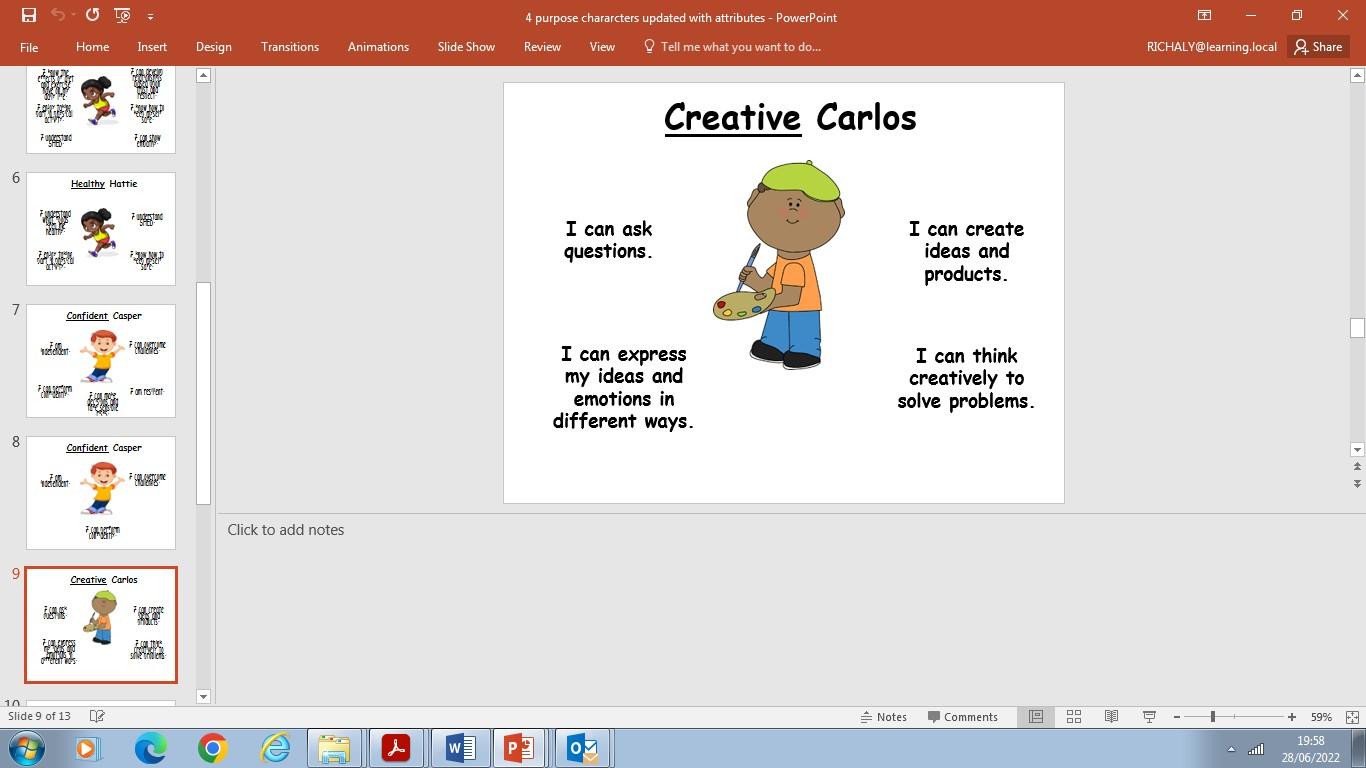
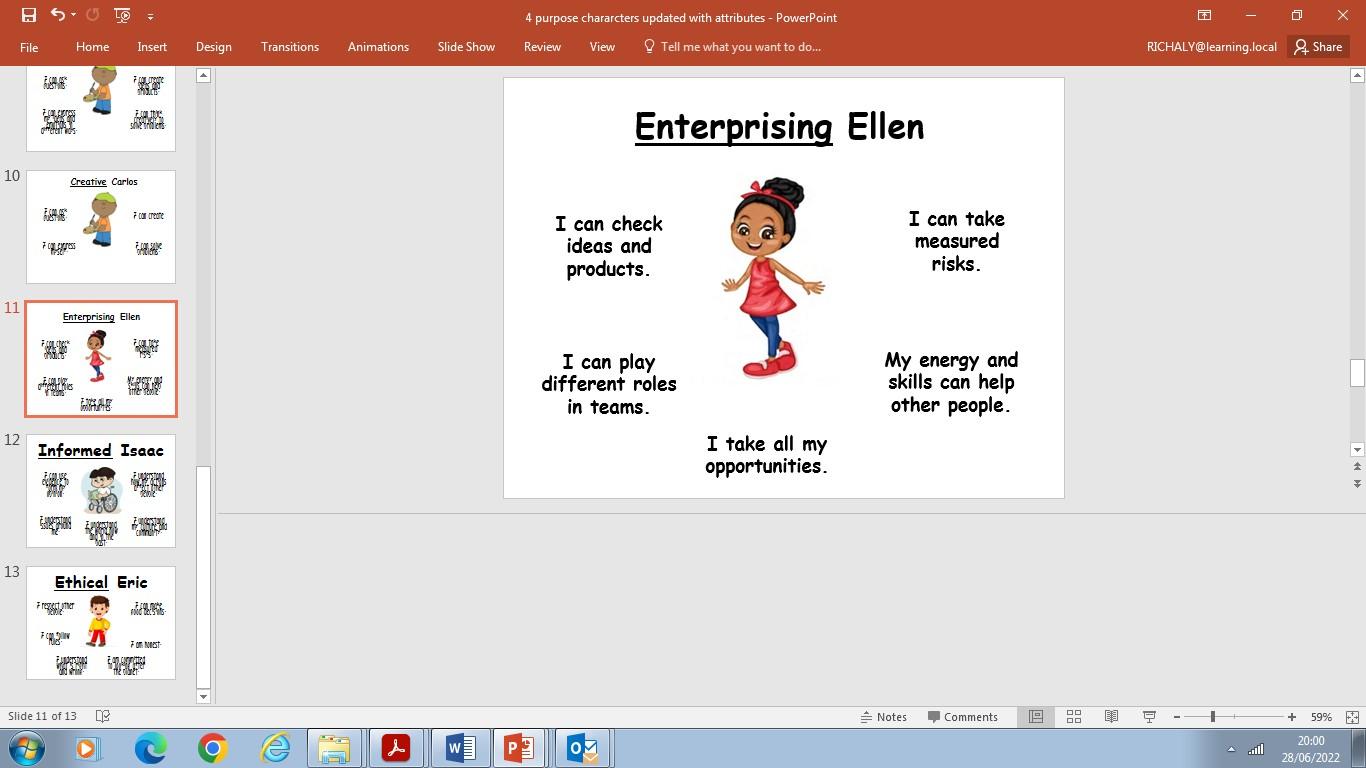

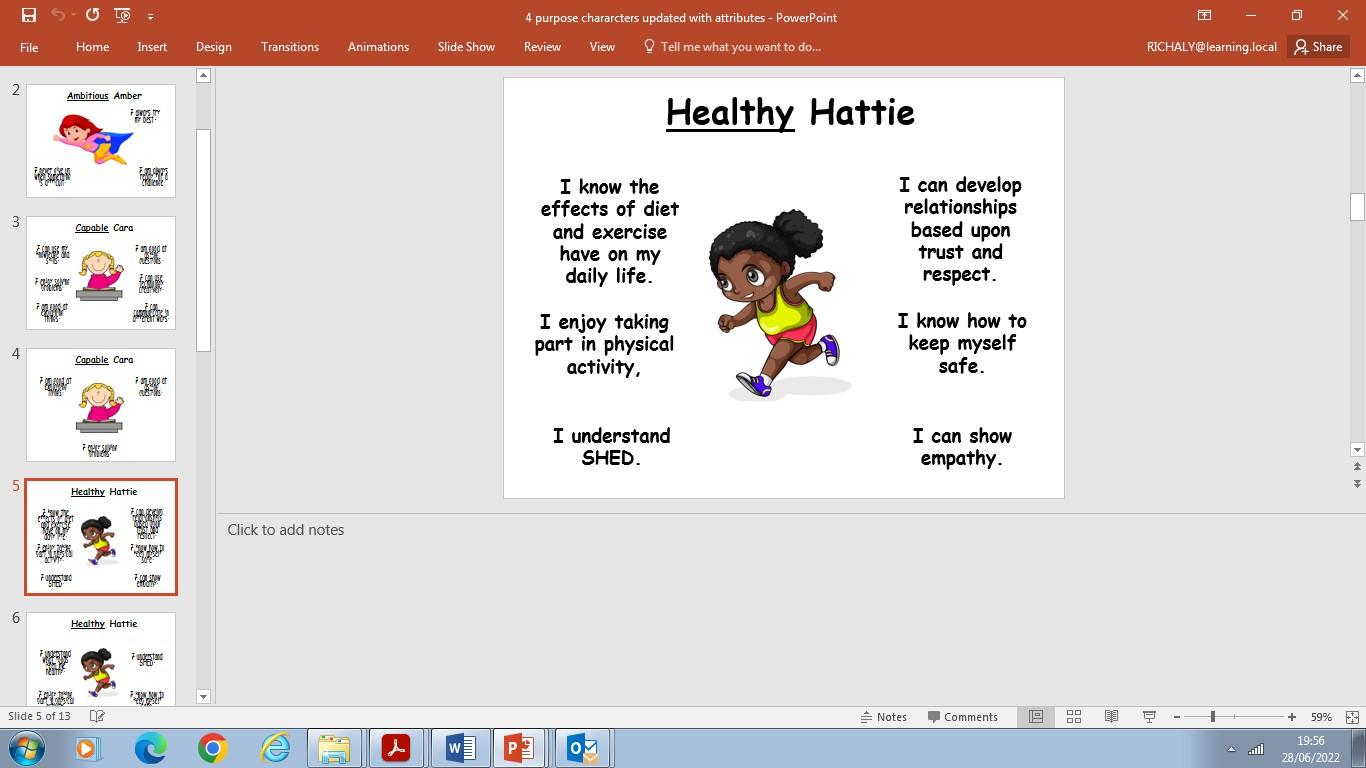
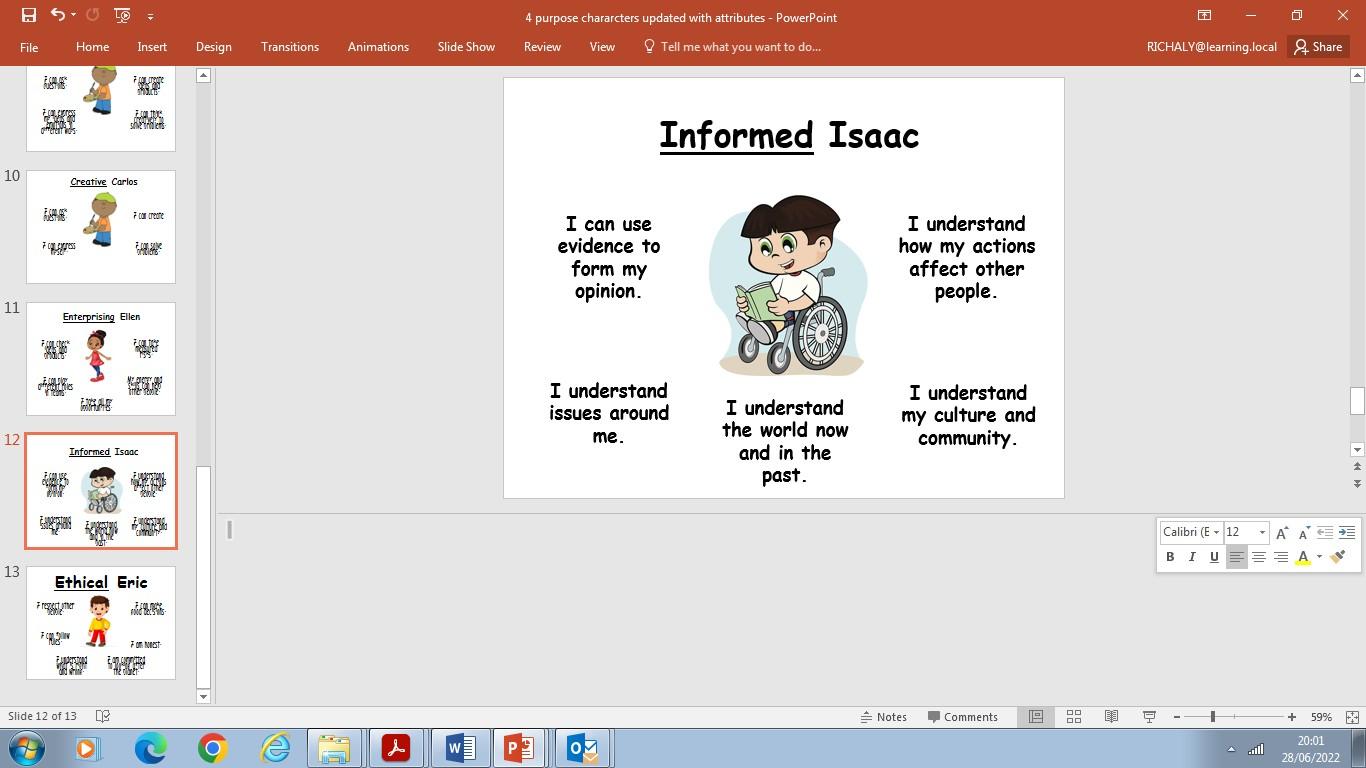
‘Thecurriculumiswellplannedandoffers interestingand motivatinglearning experiences.’ (Estyn,March2025)
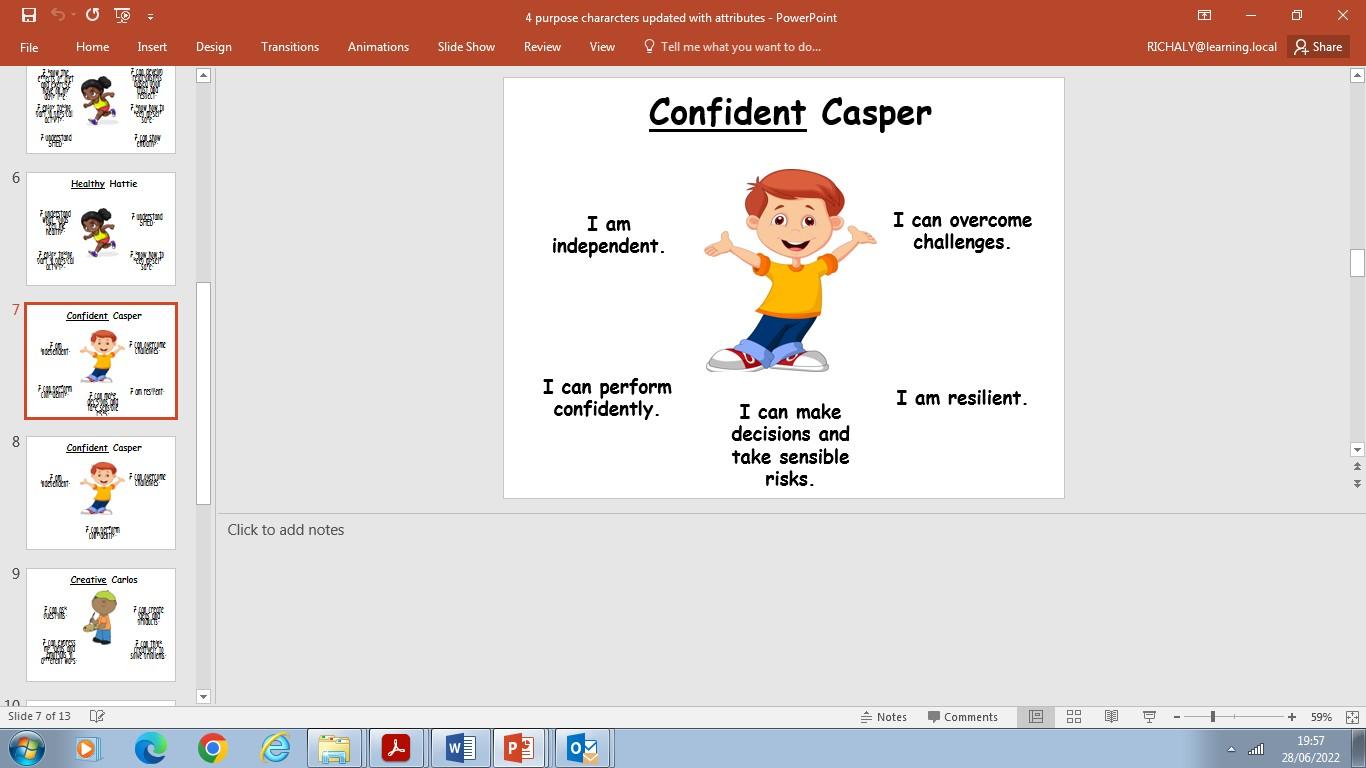
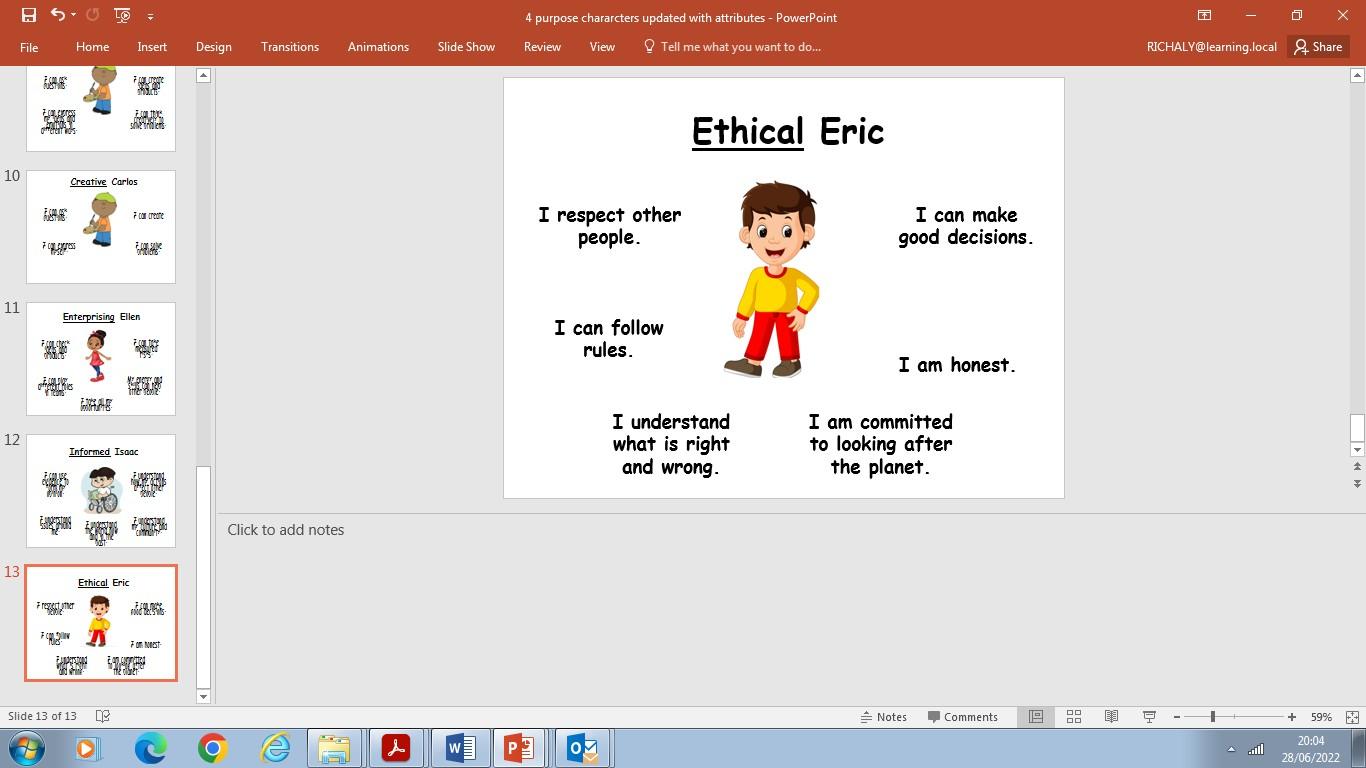







Our Curriculum
The Curriculum for Wales gives us the freedom to design a curriculum for pupils at Libanus Primary School. We have consulted pupils, parents, governors and the community when designing a curriculum that is relevant to our pupils. Our curriculum is based on the following:
The 6 Areas of Learning and Experiences
Expressive Arts Health & Wellbeing Mathematics & Numeracy Humanities
Art
Music
Drama
Dance

Digital Media
Physical
Mental Health
Emotional & Social
Well-being
Social
5 Cross-cutting Themes
Diversity Relationships and sexual education Human Rights Careers & work-related experiences Local, National & International Contexts
3 Cross-curricular skills
Literacy Numeracy Digital Competency
Our curriculum is based on Learning Themes which allow for the development of pupils’ knowledge, skills and experiences. Cross-cutting skills and cross-curricular skills are woven throughout our curriculum. Teachers have the flexibility to adapt the curriculum to ensure that current events and pupil interests are incorporated into planning.
We regularly review and refine our curriculum and ensure that it is in line with any changes to national policy documentation and it is relevant for the pupils each year. We ensure it is reviewed part of our ongoing
Monitor, Evaluate and Review Cycle each year and stakeholders are involved in this process
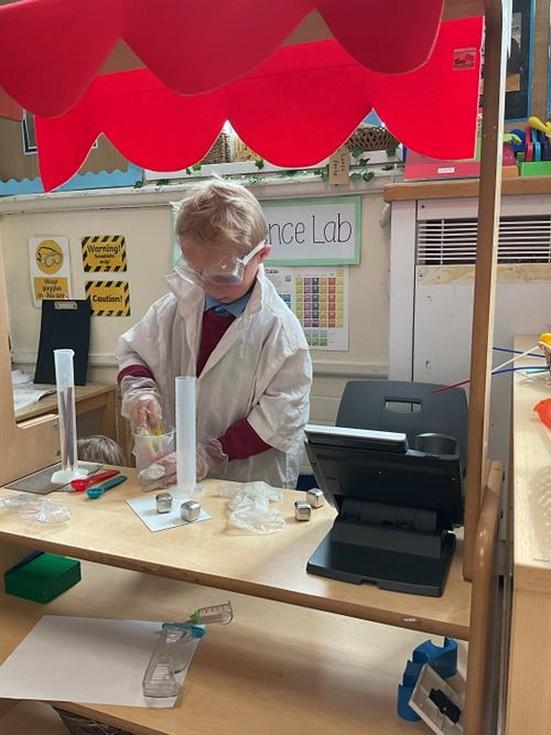
‘Teachers havesecure curriculumknowledgeand planexciting,purposeful lessonsthatchallengeand supportpupilseffectively.’







Religion, Values and Ethics
The new name for Religious Education in the Curriculum for Wales is Religion, Values and Ethics (RVE). RVE is mandatory for all learners from ages 3 to 16 in Wales. Parents and carers of primary school age children will not be able to withdraw their child from RVE.
The RVE your children receive will be pluralistic. This means that RVE:
must reflect the fact that religious traditions in Wales are in the main Christian while taking account of the teaching and practices of the other principal religions represented in Wales
must also reflect the fact that a number on non-religious philosophical convictions are also held in Wales

At Libanus Primary School we ensure that RVE is also objective and critical, both in content and approach. This is because RVE is an academic subject for all pupils, whatever their personal beliefs or family background. RVE does not require or encourage pupils to be religious or non-religious, or to accept a prescribed viewpoint, and at Libanus we recognise this.
We will provide RVE that is planned sensitively and delivered with professional integrity. In addition to this, RVE will sit within the Humanities Area of learning and experience. This means that learning in RVE may not take place in a separate lesson, as it may have done before, but rather in an integrated way with other Humanities subjects, like history and geography. Also, RVE may be integrated with other subjects in other areas, including for example, music, art, or science.
If you have any questions about our RVE curriculum, or what your child might be learning about in RVE please contact the school.
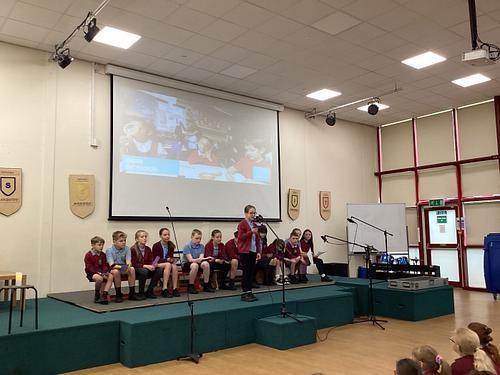








50 Things to do before I leave Libanus
We believe that our curriculum is everything a child experiences while at Libanus. It is important to ensure that our curriculum is holistic and develops the whole child. We consulted with parents, pupils, governors and the community to create our ‘50 things to do before I leave Libanus’. We ensure that pupils participate in a wide range of experiences that allow them to develop life long skills. These skills and experiences include:
• Cookery
• Cycling
• Swimming
• Residential visits in Years 3, 4, 5 and 6
• Outdoor learning
• Extra curricular clubs
• And much more!
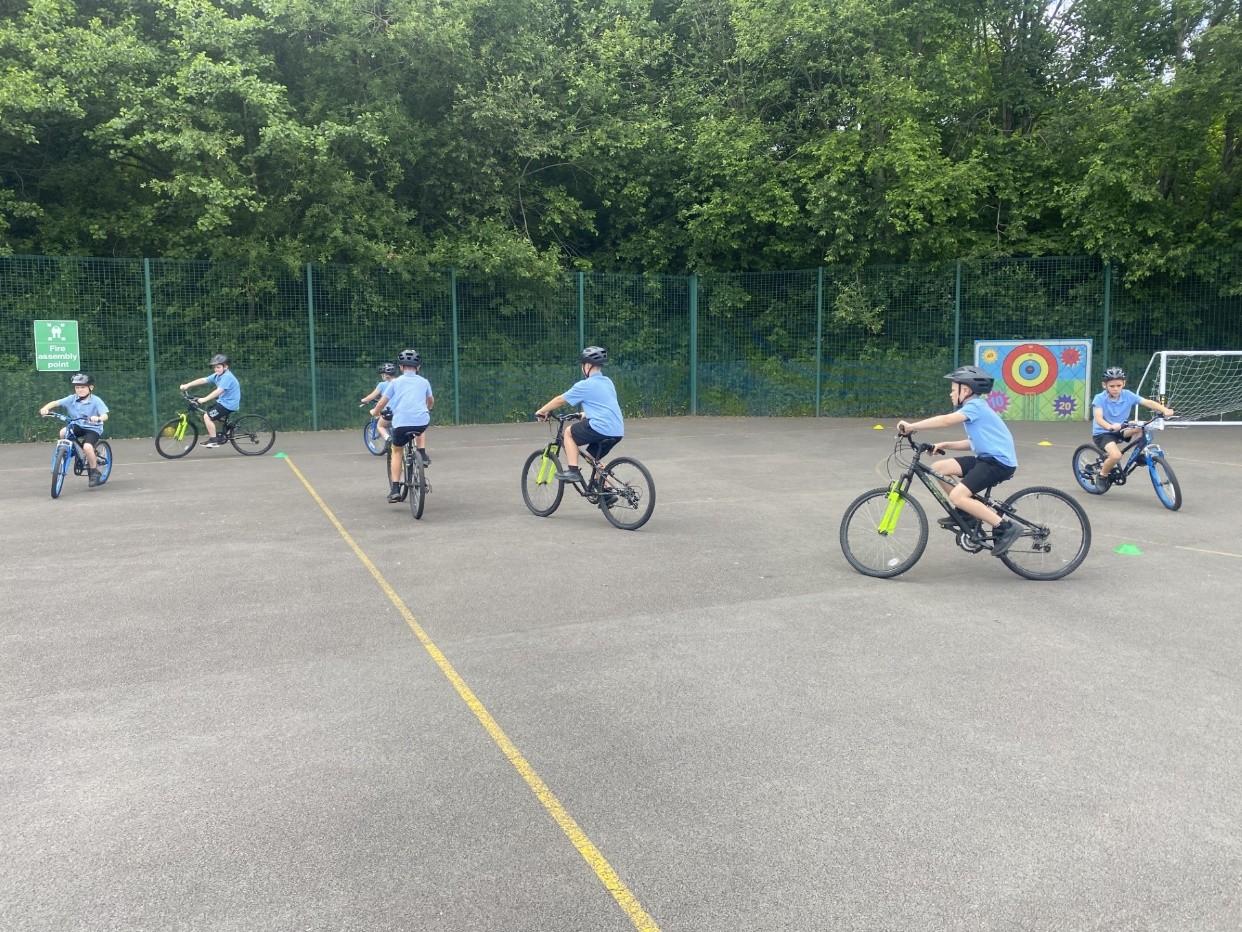
‘ Mostpupilsdeveloptheirphysicalskills well.Theschoolisverywellresourced tosupportpupils'physicaldevelopment, and indoor and outdoor areasareused well.Anotablefeatureisthe commitmenttoallpupilslearningtoride abikesafelyontheroadbythetime theyleavetheschool.’(Estyn,March 2025)
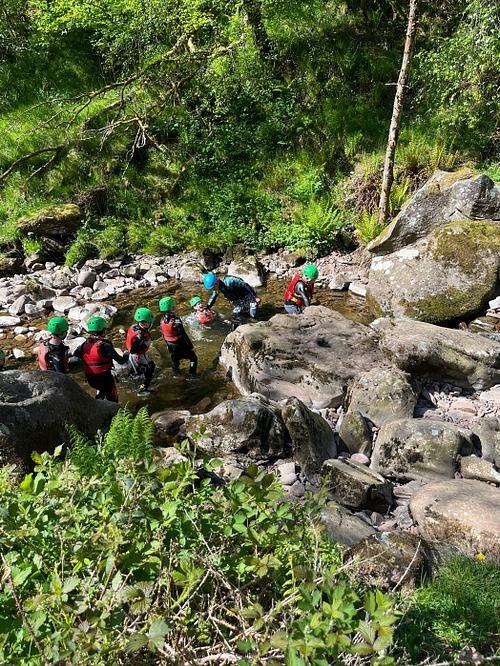
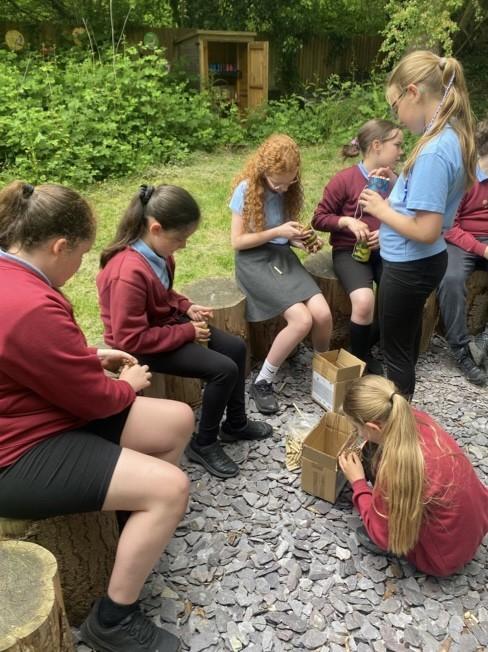








Our Teaching and Learning
Excellent teaching and learning is essential if we are to fulfil the Core Purposes, our vision as a school and the requirements of the Curriculum for Wales. At Libanus we ensure that teachers facilitate learning and as highly skilled professionals they assist the pupils in influencing their learning ( CHild
Influenced Planning - CHIP) Our teachers use the views of our pupils to plan relevant, exciting and challenging experiences that cater for the needs of all learners.
We constantly reflect and develop our teaching and learning practises based on the 12 Pedagogical Principles that are set out in the Curriculum for Wales. At Libanus we ensure that we use a range of innovative and creative methods of teaching and learning. We ensure we provide pupils and staff with a safe place to experiment and take risks. We believe that there are no mistakes, only learning opportunities. Our school is a learning organisation and staff regularly engage in professional learning activities and research to further develop teaching and learning.
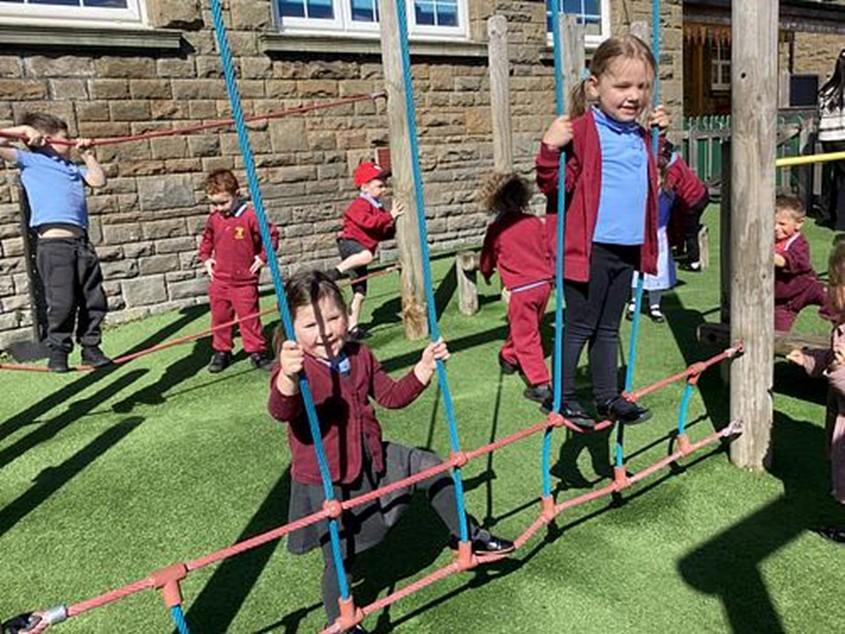
12 Pedagogical Principles
‘ Together,staffandpupilsaffectchangesuccessfully,for exampletoembedtheschool’sexcitingandauthenticcurriculum andtoensurethatpupilsmakeverygoodprogressduringtheir timeattheschool.’(Estyn,March2025)








Assessment and Progression
At Libanus Primary School the purpose of assessment is to support each individual learner to progress at an appropriate pace, ensuring they are supported and challenged accordingly. It’s purpose is not for external accountability.
The three key reasons we assessment are to:
• support individual learners on an ongoing, day-to-day basis
• identify, capture and reflect on individual learner progress over time
• understand group progress in order to reflect on practice
The focus on assessment is to identifying where the learner is in their learning, their next steps and the support or challenge needed to move forward in their learning. We use a wide range of assessment strategies to support learners on a day to day basis (formative assessment). We also use a range of summative assessments to identify, capture and reflect on learner progress over time. These include reading, spelling, numeracy and well-being assessments. Parents will be kept informed of their child’s progress through parent consultations and end of year pupil reports.
At Libanus we use the Descriptors of Learning for each What’s Matters Statements to ensure we plan for learners’ progression. At Libanus we use a stage not age approach but the Descriptors of Learning broadly correspond to expectations of age 5, 8, 11, 14 and 16. We do not use these as a tick list of what pupils can do but as tools to assist with planning. There are Principals of Progression that underpin the planning for learners’ progress over time.
Principles of Progression
Increasing breadth of knowledge Deeping understanding of the ideas and disciplines in the Areas Refinement and growing sophistication in the use and application of skills Making connections and transferring learning into new contexts Increasing effectiveness.
‘ Workingwithlocalschools,staff havedevelopedashared understandingofprogressionto supportpupilstomaximisetheir progressinlearning.Thiscareful planningensuresthatpupilsdevelop andbuildskillssequentiallyandthat mostmakesignificantprogressin theirlearningacrossallareasofthe curriculum.’
(Estyn March 2025)
